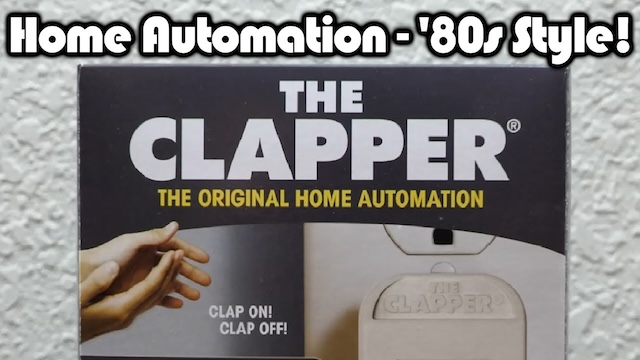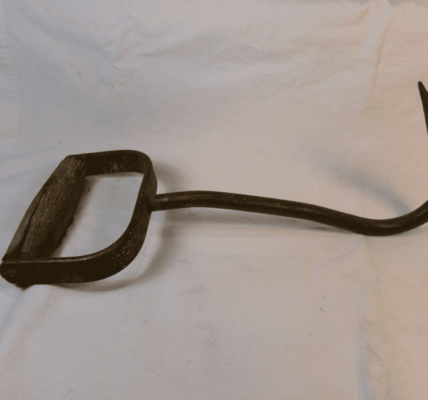The 1980s were a time of innovation, and few gadgets captured the spirit of the era like The Clapper. With its unforgettable “Clap on, clap off” jingle, this simple yet ingenious device became a household staple and a true cultural icon. In this article, we explore the invention of The Clapper, its rise to fame, and its lasting legacy.

The Invention of The Clapper
The Clapper was the brainchild of Joseph Pedott, an entrepreneur with a keen eye for consumer-friendly products. In the early 1980s, Pedott recognized a gap in the market for a device that could easily control household electronics without the need for complicated remotes or switches. The result was The Clapper, a sound-activated switch that allowed users to turn electrical devices on and off with the simple clap of their hands.
Patented in 1984, The Clapper was a groundbreaking innovation at a time when remote controls and home automation were still in their infancy. The concept was straightforward: a device that could detect clapping sounds and respond by controlling connected appliances. This simplicity was key to The Clapper’s widespread appeal.
The Clapper’s Launch and Market Success
When The Clapper was introduced to the market in 1984, it quickly captured the public’s imagination. The success of The Clapper can largely be attributed to its clever marketing campaign. Television commercials featuring the catchy “Clap on, clap off” jingle made the product instantly recognizable. The ads demonstrated how easy it was to use The Clapper, appealing to both tech enthusiasts and those less comfortable with modern gadgets.

The Clapper’s practicality was undeniable. It offered a convenient solution for people with mobility issues, allowing them to control lights and appliances from a distance. Additionally, the novelty of using sound to control electronics made it a fun and desirable gadget for consumers of all ages.
The Clapper’s Cultural Impact
Beyond its practical use, The Clapper quickly embedded itself in popular culture. It became a symbol of the 1980s, referenced in movies, TV shows, and even stand-up comedy routines. The Clapper’s ubiquity in media helped solidify its status as a cultural touchstone, one that evoked a sense of nostalgia for the era of big hair, neon lights, and groundbreaking gadgets.

The device’s simplicity also made it a frequent subject of parody, with comedians and television shows poking fun at its exaggerated sensitivity or the idea of controlling one’s entire home with a clap. Despite—or perhaps because of—these jokes, The Clapper remained firmly lodged in the public consciousness as an emblem of 1980s innovation.
The Enduring Legacy of The Clapper
While the technology behind The Clapper may seem rudimentary by today’s standards, its legacy is profound. The Clapper paved the way for modern smart home devices, which allow users to control their environments through voice commands, apps, and other advanced technologies. The idea of a home that responds to sound—first popularized by The Clapper—has evolved into a sophisticated industry that continues to grow.

The Clapper itself has endured, with modern versions still available for purchase. These updated models include additional features, such as sensitivity adjustments and the ability to differentiate between different sounds. Despite these advancements, the core concept remains the same, a testament to the enduring appeal of this simple yet effective invention.
Conclusion: A Gadget That Defined an Era

The Clapper is more than just a gadget—it’s a symbol of a bygone era when technological innovation and consumer convenience were paramount. Its catchy jingle, practical application, and lasting cultural impact have secured its place in the annals of pop culture history. As we reflect on the history of The Clapper, we are reminded of a time when a simple clap of the hands could make life a little easier and a lot more fun.
Whether as a nostalgic memory or a functional device, The Clapper’s legacy continues to resonate with those who remember the days when “Clap on, clap off” was more than just a catchy slogan—it was a way of life.




